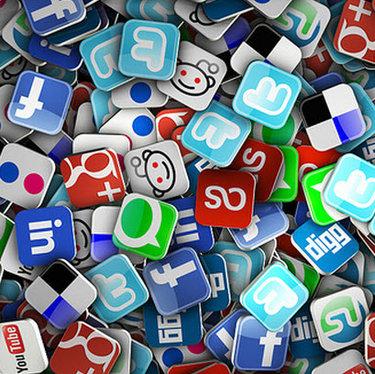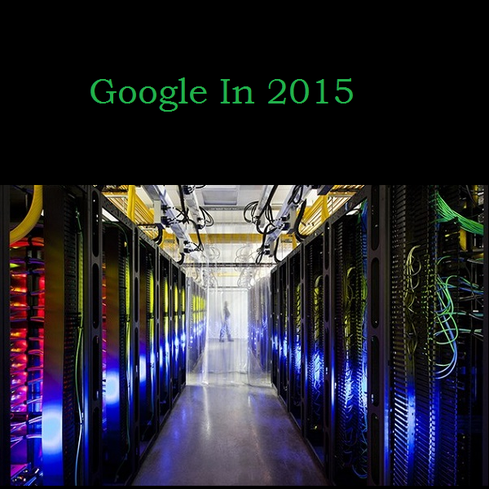The mobile experience makes individual tools the new social media battleground.


8 Google Projects To Watch in 2015
8 Google Projects To Watch in 2015 (Click image for larger view and slideshow.)
Remember back in the day when Social Media was all about one-stop-shopping, and Facebook was going to rule the world unless Google stopped it? I bet you do, because that idea isn't that old. You probably have underwear older than that idea. It is now obvious from the slow but steady user migration away from Facebook, and the breakup of Google+ into its constituent parts, that the days of the one-stop, all-powerful social media site are gone.
The "next Facebook" isn't Ello, Pinterest, Google+, or any of the long list of previous contenders. The "next Facebook" is 20 smaller sites, each with a discreet specialty. Even Mark Zuckerberg sees the writing on the wall. Instagram was the first clue. Pinterest (something he wanted but could not get) was another. Another clue is MySpace's patient revival as a music-finding site.
Mobile has changed the social media game. When most people engaged with social media via the desktop, a single user experience on a desktop was easy to produce. That has changed. According to Facebook, in July 2014, 31% of the social network's users only interacted with it via mobile. A great majority were mobile and desktop users, with the smallest group being desktop only. In that same month, according to comScore, mobile passed PC for Internet usage across the board.
[ Want to check out cool innovative ideas? Read 8 Google Projects To Watch In 2015. ]
Mobile has a "there's an app for that" culture that allows for people to customize their social media experience for each task in their social media lives, just as they do other aspects of their lives. While we formerly went to the Web (a single experience through a browser) to make a restaurant reservation, book a flight, or hail a taxi, we now use an individual app like OpenTable, Hipmunk, or Uber. So it makes perfect sense that people would want to break down their social media experience into apps.
And, with that, Google has separated its social stream from its pictures and hangouts. That change is competing directly with Twitter, Instagram, and Skype. It makes more sense to focus each individually on a particular experience and make it as good as possible. In other words, Google is competing on tools, rather than platforms.
Does that means Facebook is dying like everyone says? Probably not for a long time. Facebook keeps growing its user base, and it is responding to mobile needs. Last January, more than half of their revenue came from mobile for the first time. They have monetized mobile, and a billion people don’t dissolve overnight.
But Facebook isn't going to die because a billion people move to a new social media site. They're going to die because a billion people slowly realize they have found a better news feed or a better picture app. Facebook will die from a billion paper cuts.
Or, more likely, it will adapt to be less monolithic, as Google+ is doing. Facebook seemed to be ahead of the curve on the concept, with its purchases of Instagram and What’s App. While many assumed the main goal was to add them into Facebook, the real reason might be so that when Facebook breaks up, the company will have the competing tools already in place. Facebook becomes Twitter. WhatsApp becomes Hangouts/Skype. Instagram is still the king of picture storage.
This might all seem semantic, but it is about user experience. That means responding to the way mobile users interact with products differently, and finding out how to best monetize an industry still finding its way. Google is smart to make the move, and it looks like all the major social players "get it" as well. The platform battle is over, but the war is beginning on multiple new fronts.
Attend Interop Las Vegas, the leading independent technology conference and expo series designed to inspire, inform, and connect the world's IT community. In 2015, look for all new programs, networking opportunities, and classes that will help you set your organization’s IT action plan. It happens April 27 to May 1. Register with Discount Code MPOIWK for $200 off Total Access & Conference Passes.
About the Author(s)
You May Also Like







